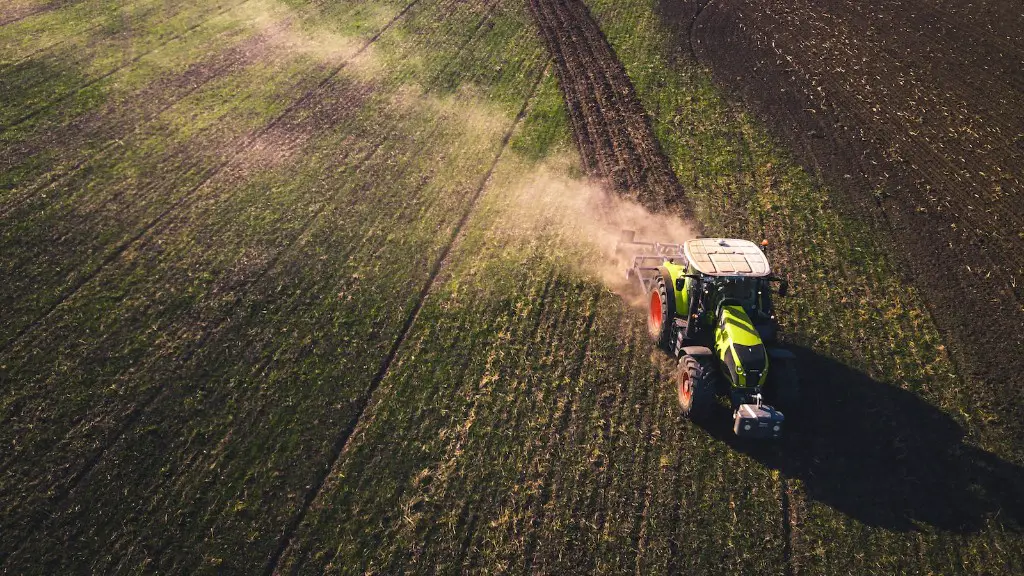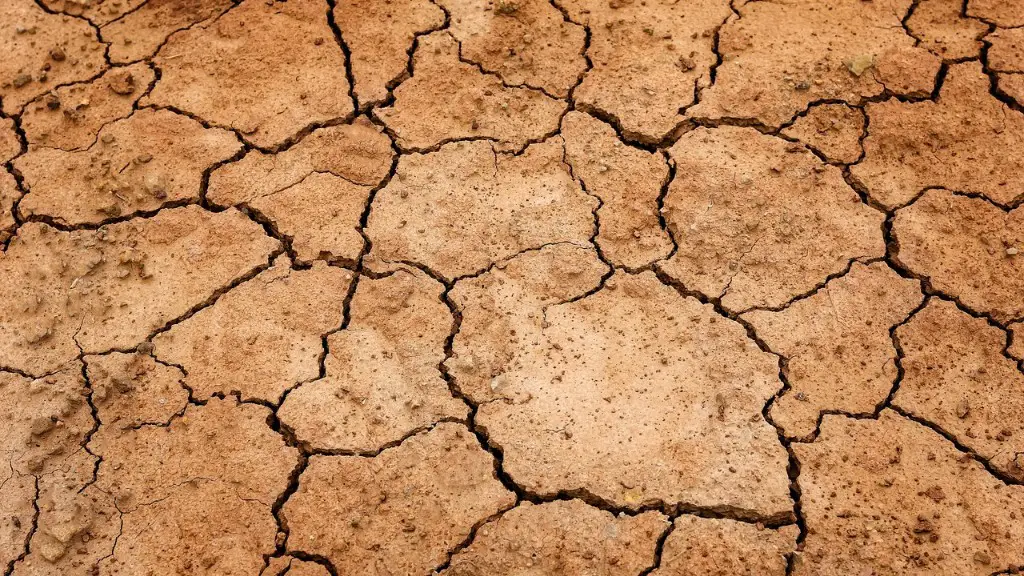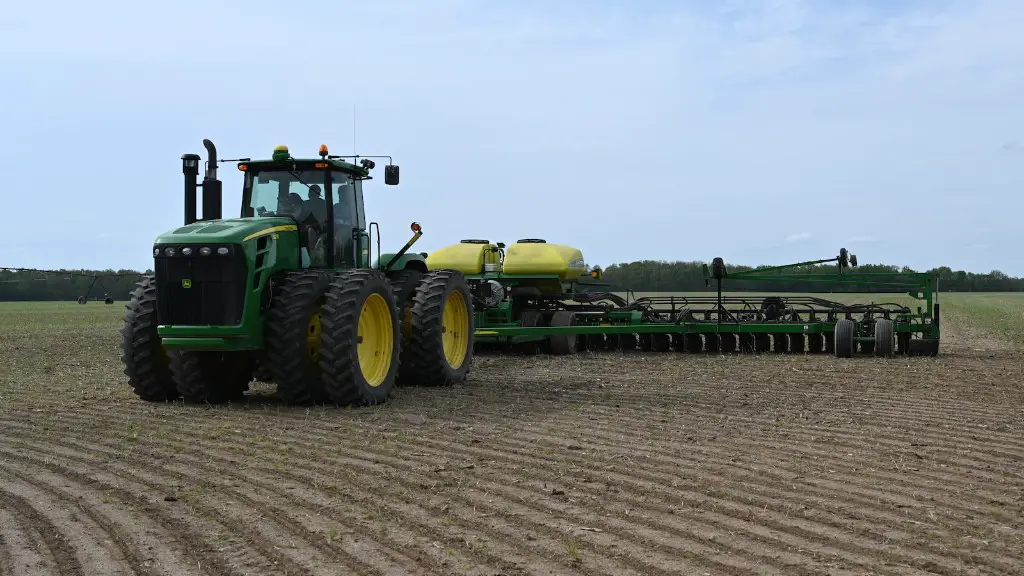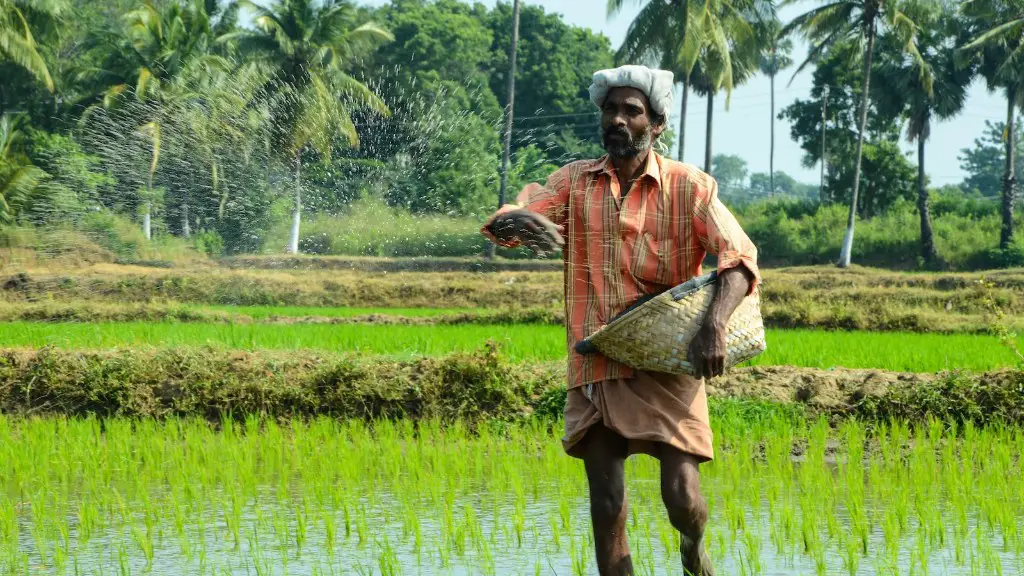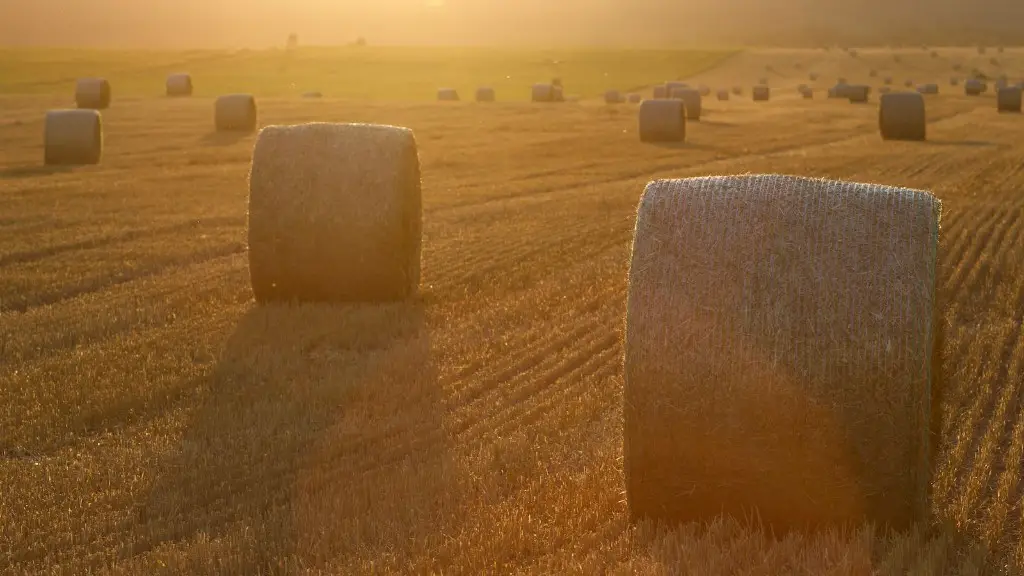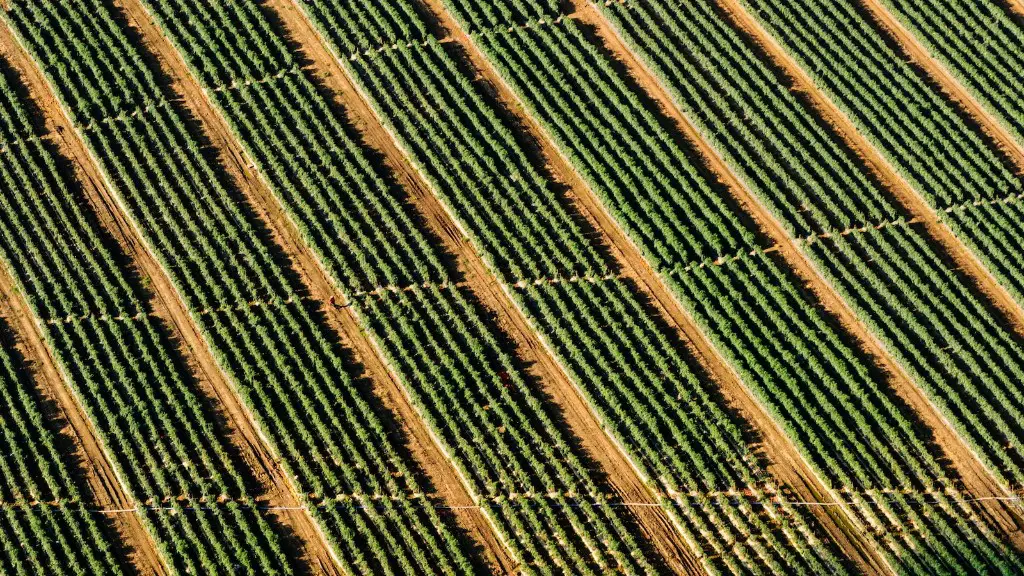Without agriculture, human civilization would not have developed to the point that it has. Agriculture allowed for the domestication of plants and animals, which led to the development of cities and civilizations. Agriculture allowed for the growth of food surpluses, which allowed for the development of trade and commerce. Agriculture also allowed for the growth of populations, which led to the development of civilizations.
If there were no agriculture, humanity would not be able to survive. We would not be able to grow the food we need to eat, and we would not be able to provide food for the animals we rely on for transportation and labor. Theclearings of land for agriculture have also led to many of the world’s great civilizations, so without agriculture, there would be no modern civilization as we know it.
Why do we need agriculture?
Agriculture is one of the most important industries in the world. It employs over one billion people and generates over $13 trillion dollars worth of food annually. Pasture and cropland occupy around 50 percent of the Earth’s habitable land and provide habitat and food for a multitude of species.
It is possible to have an advanced civilization without agriculture, if you have access to the resources and infrastructure of another civilization that does have agriculture. You can either trade with them for these resources, or take them by force.
Why was agriculture so important to humans
Humans invented agriculture which allowed for the growth of food in one place. This led to population growth and the creation of cities and trade. Agriculture allowed for a much smaller group of people to grow all the food they needed which led to massive population growth. This created cities and trade.
Agricultural production can have a significant impact on the environment and society. Some of the key issues include changes in the hydrologic cycle, the introduction of toxic chemicals and nutrients, the alteration of wildlife habitats, and the spread of invasive species. All of these can have a negative impact on the environment and human health. It is important to be aware of these issues and take steps to mitigate them.
Can you imagine a world without agriculture?
Agriculture is an essential part of our world and it is impossible to imagine a world without it. Agriculture satisfies the basic need for food for millions of people and live stocks. It provides raw materials for agro-based industries. Export of agricultural produces help in the development of Country’s economy.
Agriculture is essential for human survival. Without it, we would be naked, lacking the nutrients we need for survival, unprotected, and hungry. We wouldn’t have the clothes on our back, the towels in our bathroom or the sheets on our bed. We wouldn’t be able to enjoy our daily meals or have the protection of a sturdy, well-furnished home.
What would happen if humans didn’t discover agriculture?
If the agriculture revolution never had been discovered, our people would still be in the paleolithic era and never transitioned into the neolithic era. The transition into the neolithic, was the introduction of planting crops and using them as a means of food production, versus hunting animals as they had always done.
Agriculture is one of the most important sectors in any economy and its impact on society is both direct and indirect. Directly, agriculture supports livelihoods through food production, while indirectly it provides raw materials for other industries and jobs. It also plays an important role in trade, allowing countries to export and import goods. All of these impacts mean that agriculture is essential to society and the economy.
How agriculture has changed the world
The Agricultural Revolution was a major turning point in human history. It marked the transition from hunting and gathering to settled agriculture, and led to the growth of cities and civilizations. Without agriculture, the world would be a very different place.
The development of early farming allowed humans to produce enough food to settle in one place rather than constantly migrating to follow their food source. This led to the development of villages, towns, and eventually even cities. The rise in population was closely connected to the development of these permanent settlements.
Why is agriculture important to the environment?
Agricultural practices can help boost soil fertility and promote biodiversity. These practices can help prevent the exhaustion of soils, and secure stable yields. In addition, these practices can help increase the populations of favorable soil fauna and flora.
Agriculture affects the environment in many ways, both positive and negative. On the positive side, agriculture can lead to soil conservation, water purification, and climate stabilization. On the negative side, agriculture can contribute to soil erosion, water pollution, and climate change.
Why is agricultural environment important
The environment is essential to agriculture because it provides the natural resources that are necessary for food production. Agriculture can have a significant impact on the environment, both positive and negative. Proper management of agricultural land and resources can help to protect and conserve our environment, while poor management can lead to soil degradation and pollution.
The hunting and gathering way of life is thought to be the oldest known form of human subsistence. For millennia, hunting and gathering cultures existed on every continent except Antarctica. These cultures were often nomadic, moving from place to place in search of food.
The hunting and gathering way of life began to change about 12,000 years ago with the emergence of agriculture. Agriculture allowed for the domestication of plants and animals, which led to the development of civilizations. Today, hunting and gathering cultures still exist in some parts of the world, though they are increasingly rare.
What are 3 benefits of agriculture?
Agriculture is essential for human survival as it provides the raw materials we need for food, shelter, and clothing. Crops for food, silk for cloth, and wood for shelter all come from agriculture. Without agriculture, we would not be able to meet our basic needs and would not be able to survive.
It is always rewarding to see the social benefits your farm brings to the community. These benefits can be in the form of tangible items such as food, or in the form of intangible things such as a sense of achievement or fulfilment. Knowing that you are helping to make a difference in the lives of people who spend time on your farm is a great feeling. Additionally, helping to include typically excluded people in the community can be a very fulfilling experience.
Final Words
If there was no agriculture, people would have to rely on hunting and gathering for their food. This would mean that they would have to travel far and wide to find enough food to feed themselves and their families. The world would be a very different place without agriculture.
Without agriculture, humans would not be able to survive. We rely on agriculture to provide us with food to eat. Without agriculture, there would be no food to eat and we would all starve to death.
